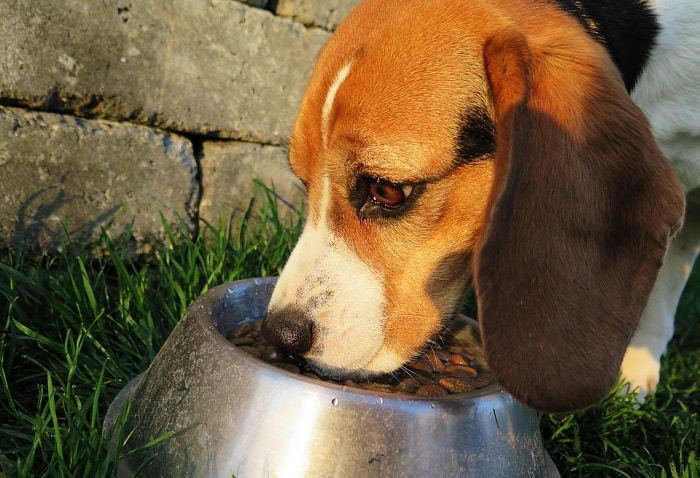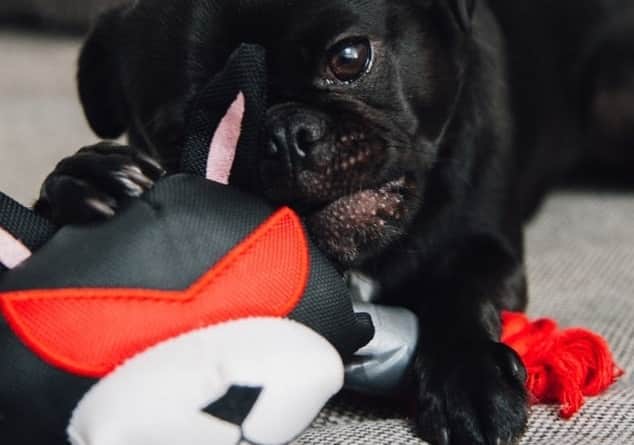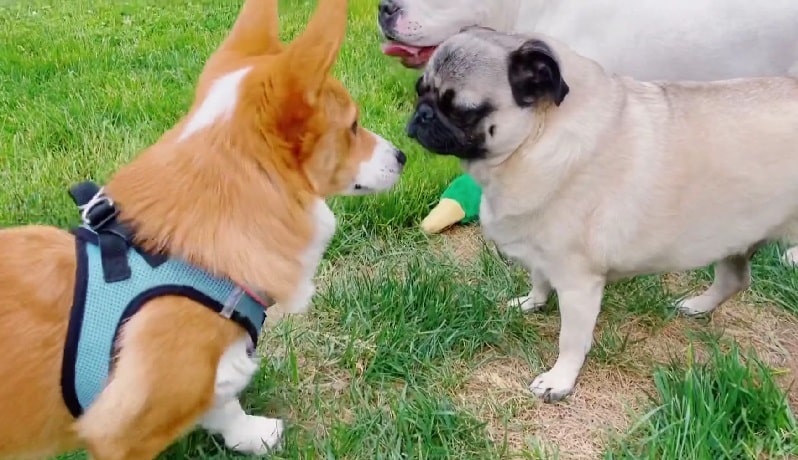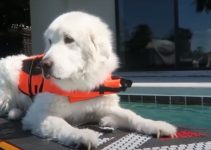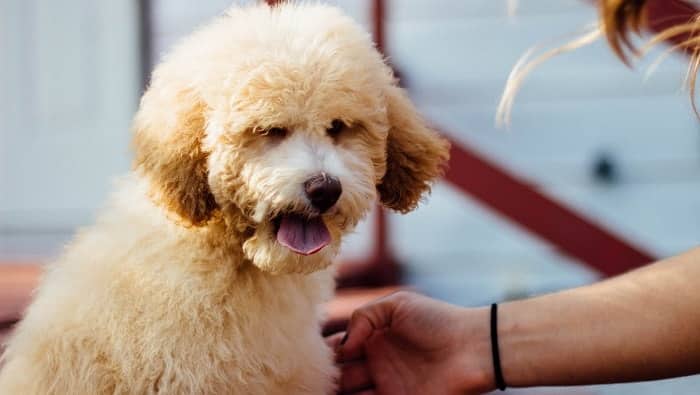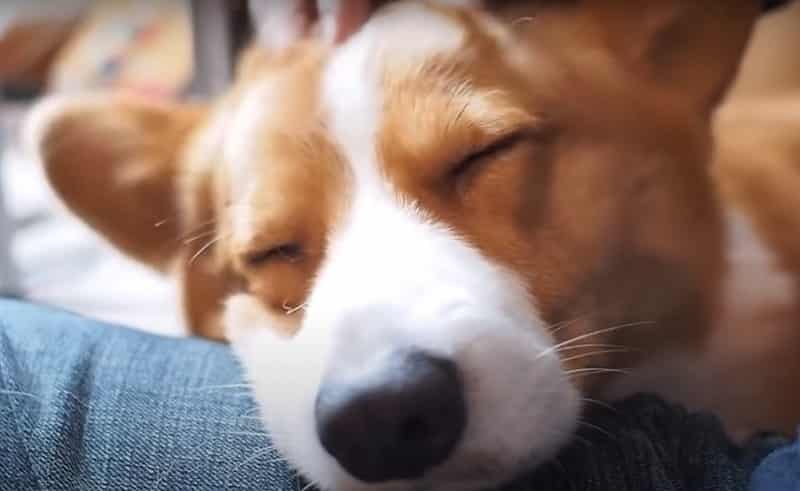The question of why a dog eats little often causes confusion and anxiety among the owners. There are many reasons for the lack of appetite for our furry friends. How to find out why the dog began to eat less? What to do with a bad pet’s appetite?
Why Does the Dog Eat Little? Harmless Reasons
Before turning to the vet, when the dog started eating less, you need to analyze the situation by yourself. A bad dog’s appetite without some troublesome symptoms (fever, vomiting, diarrhea, etc.) can be quite harmless. An animal may refuse from food because of heat, stress, sexual desire, or just molting.
Age Features
It’s not a secret that puppies are great lovers to eat. Small pets rarely suffer from appetite loss. However, as they are growing older, the animal’s appetite becomes more moderate. It is a normal physiological process. The body has already been formed, and it needs food to maintain life and health, and not growth and development.
The second turning point is when the animal reaches the old age – 7-8 years. It is the time when pets become less active and movable. As a result, metabolism functions slow down. If the owner didn’t take care of changing the diet for his furry friend, he could deliberately arrange fasting days.
Seasonal Features
Each season presents its surprises to dog lovers. For several years, we have been learning to recognize the effect of the seasons on pet’s nutrition. In the end, we cease to be surprised at the moderate animal’s appetite in spring and autumn. We may observe the increased pet’s interest in food during winter. Well, in the summertime, on the contrary, we begin to reduce the ration and facilitate its components. It is in summer that the dog eats less and that’s normal.
The most important thing that your pet will need in the summer period is fresh and cool water for 24 hours a day.
Breed Features
A dog’s poor appetite can occur depending on the breed peculiarities. We are talking about animals with a particular anatomical structure – a shortened or in other words flattened muzzle. These include pugs, bulldogs, bullmastiffs, boxers. For them, it’s not easy to get through the hot weather.
Molting Period
If the dog eats little during the molting period, then this is not a reason for anxiety. Usually, some dog breeds, especially long-haired, endure the season of molting quite hard. Because of the painful itching, hair loss, fast growth of the new coat, a dog may have a bad appetite. This phenomenon is not common but sometimes may happen. It lasts, as a rule, not more than a week. After reducing the intensity of the old wool loss, the former appetite returns to the animals.
Stressful Situation
When a person is nervous, he runs to two extremes – he eats all the time without a break or, on the contrary, refuses to eat. This behavior is also characteristic of our smaller brothers. However, typically, the dog eats little in a stressful situation. After the animal calms down, appetite comes by itself.
The most dangerous moment is when the dog eats little or refuses to eat entirely because of parting with his owner. So much stress can lead to starvation not only for a day but even for weeks. Finally, it may be a reason for severe exhaustion.
Fussy Eater
Some dog breeds are extremely selective in food. They may refuse certain products. Besides, very often furry friends possibly don’t like the taste of food of a certain brand. The dog’s poor appetite often arises when the owner gives the pet goodies in the intervals between the main meal.
Why Does a Dog Eat Little? The Most Dangerous Reasons
If any of the reasons above aren’t appropriate in a particular situation, then perhaps the dog eats little because of some health problems. It may be an upset stomach or a severe infectious disease as well. That’s why the issue of appetite doesn’t have to be delayed, it is better to contact a vet as soon as possible.
Bad Dog Appetite Due to Health Problems
There are many reasons for reducing the dog’s appetite or its complete loss. The banalest is a problem with the teeth or gums or inflammations in the mouth in the mouth cavity. That’s why any food intake for an animal will be associated with pain.
Health Problems Causing Decrease and Loss of the Dog’s Appetite:
- extraneous body in the stomach;
- helminth infection;
- milk in the dog’s food ration;
- the low acidity of gastric juice;
- poisoning;
- hormonal disorders;
- immune system suppression;
- oesophageal obstruction;
- many other diseases, especially those connected with the digestive system.
- oncology;
- ear infections.
- sudden and complete loss of appetite (may be the reason for eating an inedible object);
- refusal not only from food but also from water;
- unusual behavior for the dog – the desire to hide in secluded places, apathy, unwillingness to make contact with his host;
- the presence of additional alarming symptoms: fever, rapid breath, short breathing, vomiting, diarrhea, discoloration of discharge, etc.
What to Do if the Dog Started Eating Less
It is necessary to increase and improve the pet’s appetite, depending on the problem that led to its deterioration.
So, first of all, it is essential to determine the reason why the dog eats little and then correct the situation. To sum it up, pay attention to the things below:
1. Age features – food is selected according to the age of the animal.
2. Seasonal features – in the summertime, it is better to switch to less high-calorie foods.
3. The molting period – it would be beneficial to use special additives to facilitate the molting process.
4. Sexual hunting – dogs are castrated or sterilized, or pet owners may use special sedatives.
5. Stressful situation – the dog will not eat until he calms down, sedatives may be very helpful.
6. Selectivity in food – this issue is solved by selecting the appropriate food and following dietary.
7. Health problems – a timely visiting veterinarian, will help identify the disease, start treatment, and restore bad dog’s appetite.
The actions below can increase the pet’s appetite if he doesn’t have any serious health problems.
- Active walks and games in the open air are very beneficial. About an hour after the walk, feed your pet.
- Snack with salted fish. Sometimes 10 minutes before a meal, you can give your pet two or three sprats. Salty food usually stimulates the appetite. In general, it is desirable to include fish in the diet. Some dogs like fish even more than meat.
- Experiments with ration. Find products that your dog likes and regularly alternate them. Use meat, fish, raw and boiled vegetables, sometimes cereals.
If the dog is healthy, after such experiments, he will eat with appetite. In other cases, medical help is required.
How to Increase the Pet’s Appetite
To increase the appetite, use ready-made food supplements. They are usually prescribed by a veterinarian and include the following:
- brewer’s yeast;
- yeast tablets with ferments;
- special emulsions, vitamins, or vitamin complexes.
Now you know that there are many reasons why a dog eats less. Of course, the owner can assess the situation on his own. But if the situation isn’t improving, consult a vet as soon as possible.
In addition to this, keep in mind that an attentive and careful owner immediately will notice the slightest deviations about his pet. And this is the key to a quick animal recovery.


